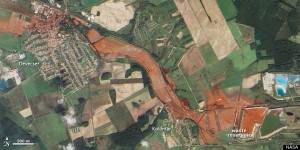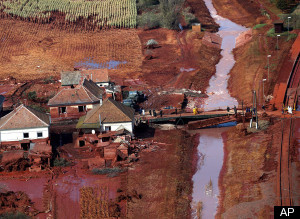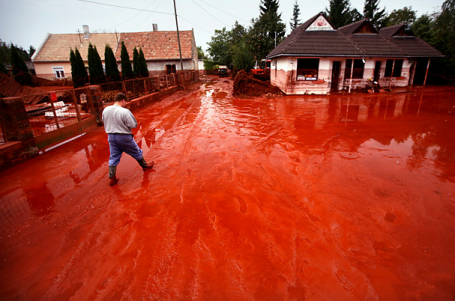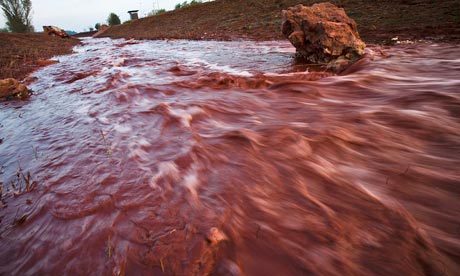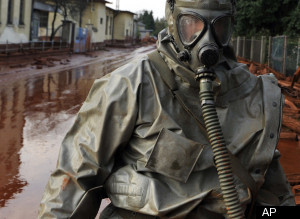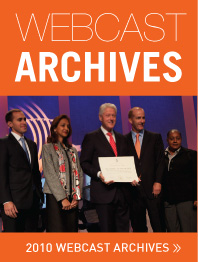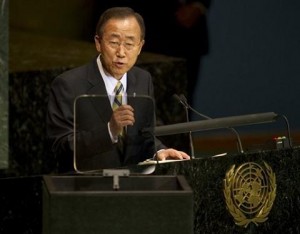
UN calls for immediate action to save life on Earth
By Kyoko Hasegawa
Agence France-Presse First Posted 07:22:00 10/19/2010
TOKYO—The world must act immediately to stop the rapid loss of animal and plant species that allow humans to exist, the United Nations warned on Monday at the start of a major summit on biodiversity.
EXTRACT:
At the start of the decade, UN members pledged under the Millennium Development Goals to achieve “a significant reduction” in the rate of wildlife loss by 2010, the International Year of Biodiversity.
Instead, habitat destruction has continued unabated, and some experts now warn that the planet faces its sixth mass extinction phase – the latest since dinosaurs vanished 65 million years ago.
EXTRACT:
The Earth's 6.8 billion humans are effectively living 50 percent beyond the planet's biocapacity in 2007, according to a new assessment by WWF that said by 2030 humans will effectively need the capacity of two Earths.

